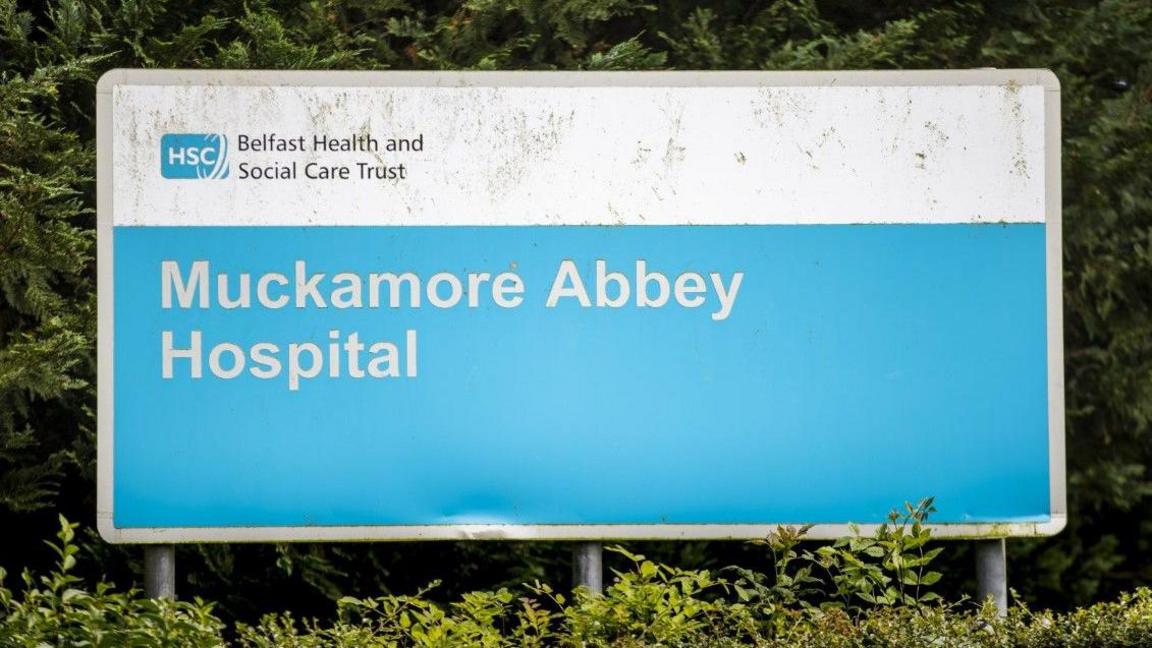Call for former ministers to give evidence at inquiry fails
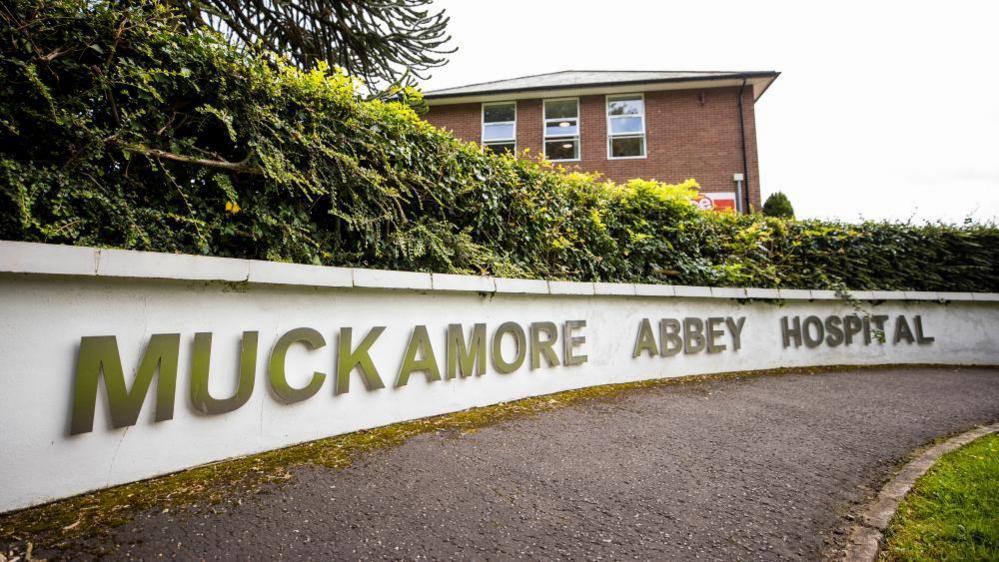
Muckamore Abbey Hospital provides inpatient assessment and treatment facilities for people with severe learning disabilities and mental health needs
- Published
An attempt to force the Muckamore Abbey Hospital Inquiry to call former health ministers to give evidence has failed.
A High Court judge dismissed a judicial review application on Friday saying it was not the role of the court to "micro-manage" the procedural decisions of public inquiries.
Mr Justice Humphreys said the decision not to call any former health ministers to testify at the public inquiry into the alleged abuse of patients at Muckamore Abbey Hospital was procedurally fair.
He rejected claims by relatives of some ex-patients that the tribunal provided inadequate reasons and breached human rights duties in not seeking evidence from the political representatives.
'Vulnerable'
Dismissing all grounds of challenge, he said: "The applicants have not established any arguable case with a realistic prospect of success."
The public inquiry is examining events at the County Antrim hospital for adults with special needs over a period between 1999 and 2021.
It was established by former Health Minister Robin Swann following a major police probe into claims that vulnerable patients were subject to ill-treatment in Muckamore Abbey.
Fifteen individuals are facing prosecution in connection with the criminal investigation.
Judicial review proceedings were brought by Glynn Brown, spokesman for a campaign group seeking to expose any abuse.
Mr Brown's 28-year-old son Aaron, is a former patient at Muckamore who now receives care at private facilities in Belfast.
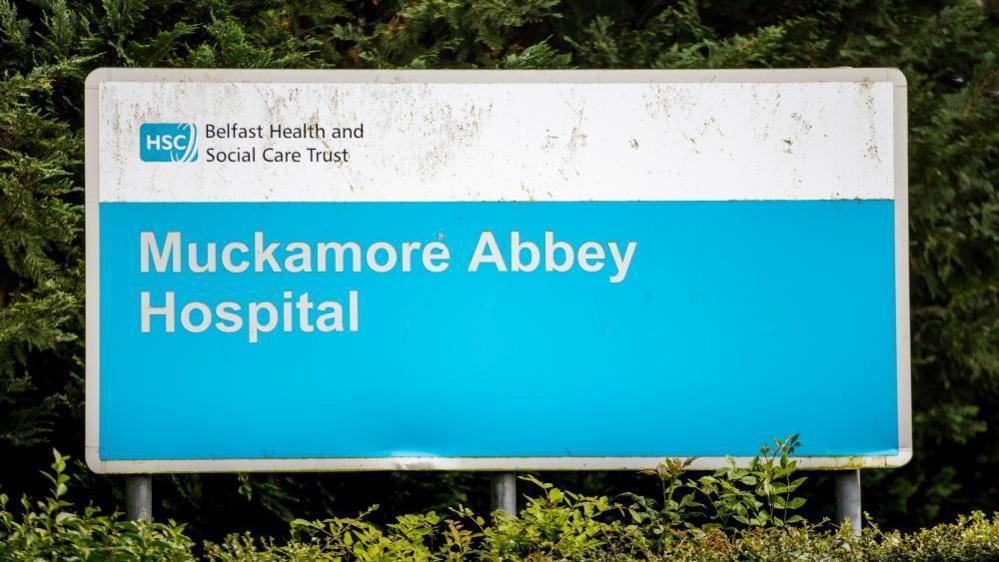
Lawyers for the families argued that the senior civil servants could not act as substitutes for the ministers
Brigene McNeilly, whose brother Bryan McCarry spent more than 30 years in the hospital, was also part of the legal challenge.
They sought to quash a decision not to call any of the seven political representatives who served as health minister in Northern Ireland during the relevant period to testify on issues related to the allocation of resources.
Inquiry chairman Tom Kark KC instead determined that evidence from former permanent secretaries Andrew McCormick and Richard Pengelly, who were in post at the department of health for periods between 2005 and 2022, would meet the terms of reference.
Lawyers for the families argued that the senior civil servants could not act as substitutes for the ministers.
The decision was not properly explained, procedurally unfair and breached investigative obligations imposed by Articles 2 and 3 of the European Convention on Human Rights, according to their case.
'Entirely intelligible and adequate'
But Mr Justice Humphreys said there was no evidence to demonstrate any prejudice.
"The reasons given were entirely intelligible and adequate," the judge held.
"It is wholly unarguable to contend that the failure to call between one and seven ministers of health to give evidence to a public inquiry could infringe the state's investigative obligation.
"The outcomes of the inquiry and the criminal prosecutions are not yet known.
"There is simply no basis to say that the inquiry is lacking in any of the characteristics of independence, effectiveness and public scrutiny."
Challenges to further decisions not to call a consultant psychiatrist to give evidence, and to require closing submissions before receiving further information about resettlement plans were also rejected.
Mr Justice Humphreys described explanations provided as "simple and intelligible", adding that how the tribunal dealt with resettlement was a matter of discretion.
Dismissing the legal action, he said: "The applicants and their advisors may profoundly disagree with the decisions made in the course of the inquiry, but this founds no basis to seek the court's intervention by way of judicial review."
'Lawful and rational'
Commenting on the dismissal, on all grounds, of challenges to the Muckamore Abbey Hospital Inquiry, the inquiry chair, Tom Kark KC, said: "We welcome that the court has dismissed, on all grounds, challenges to the Muckamore Abbey Hospital Inquiry.
"The conclusions reached by the court find that the work and decision making of the inquiry in respect of these issues has been lawful and rational."
Mr Kark said the next step will be for the inquiry to hear the "closing statements by core participants" so that the panel can "progress the writing of the report and making recommendations to ensure the learning-disabled community in Northern Ireland is safe and well cared for".
Related topics
- Published14 November 2024
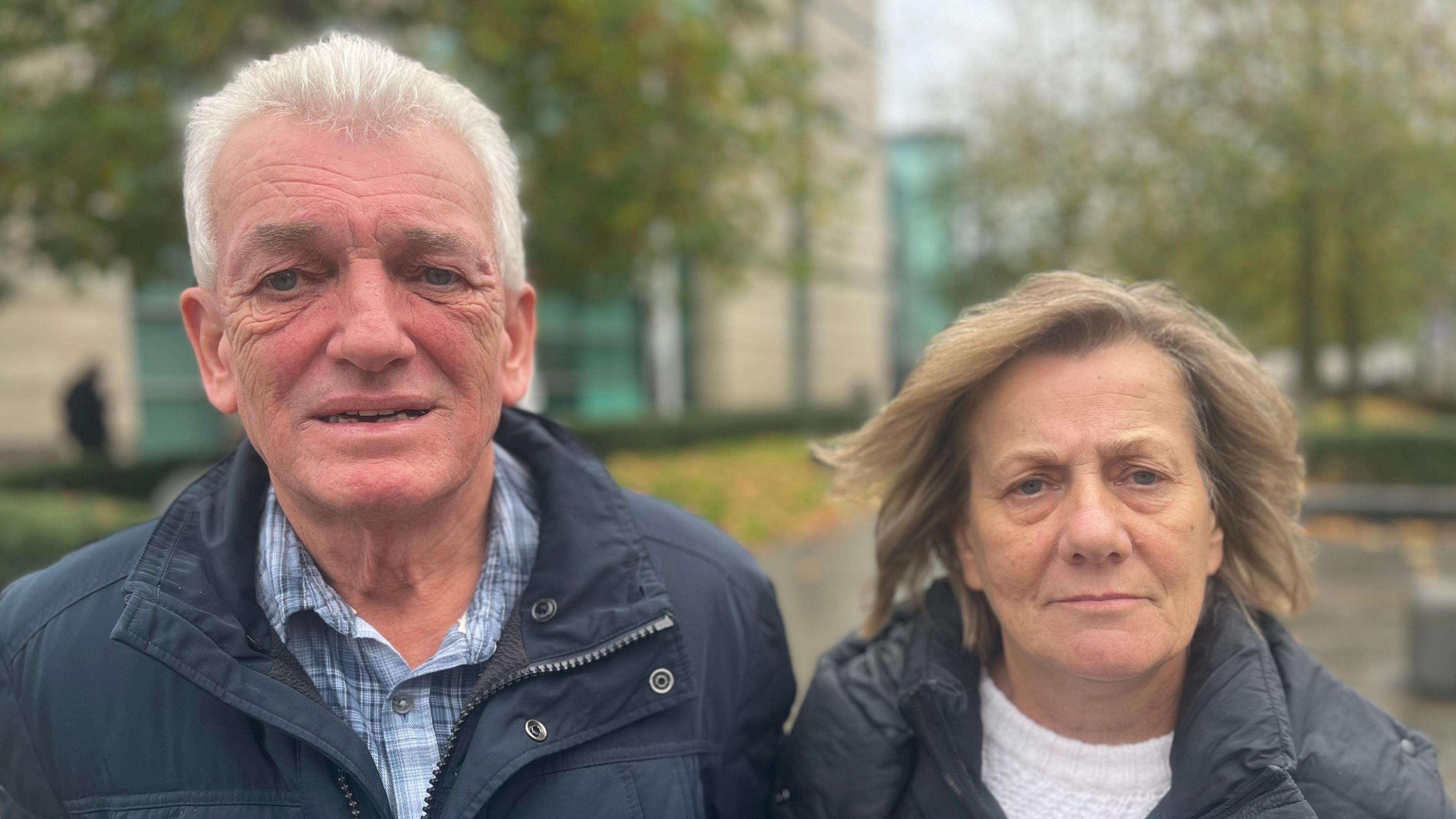
- Published7 September 2020
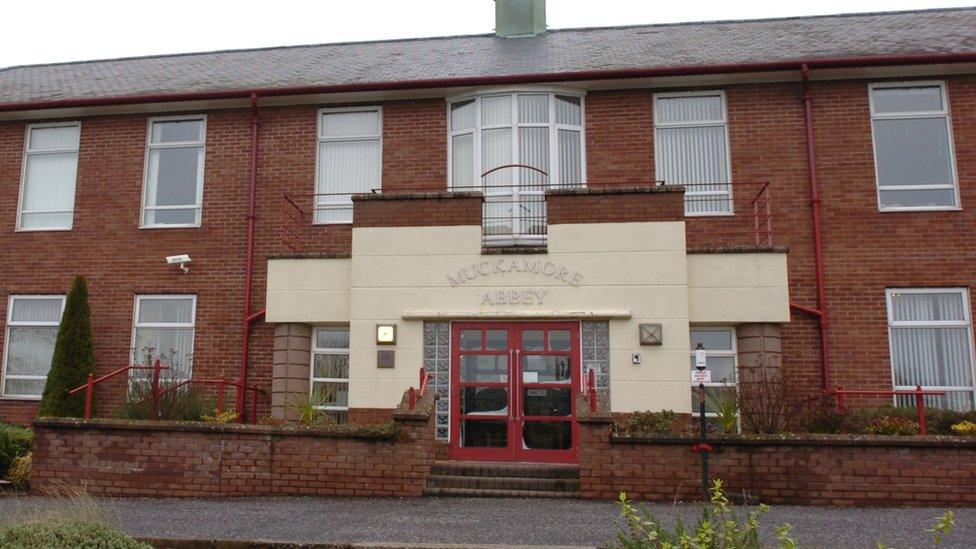
- Published25 October 2024
